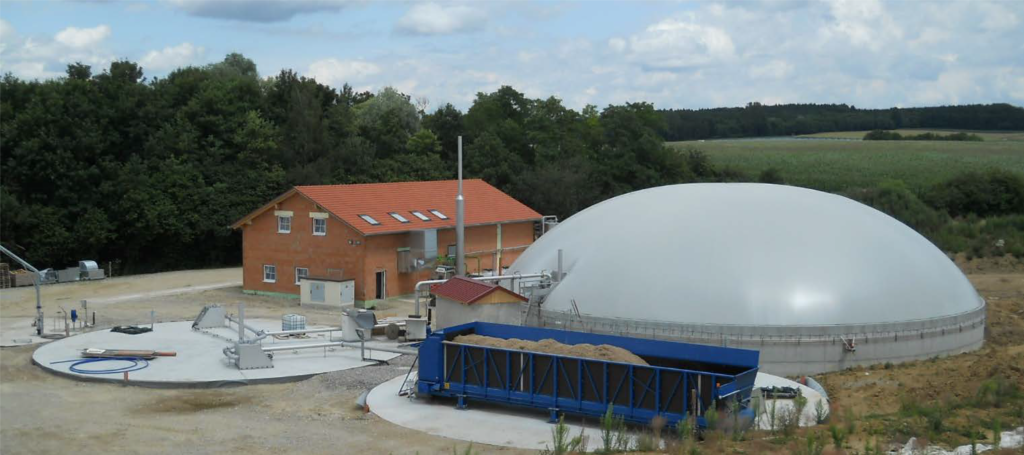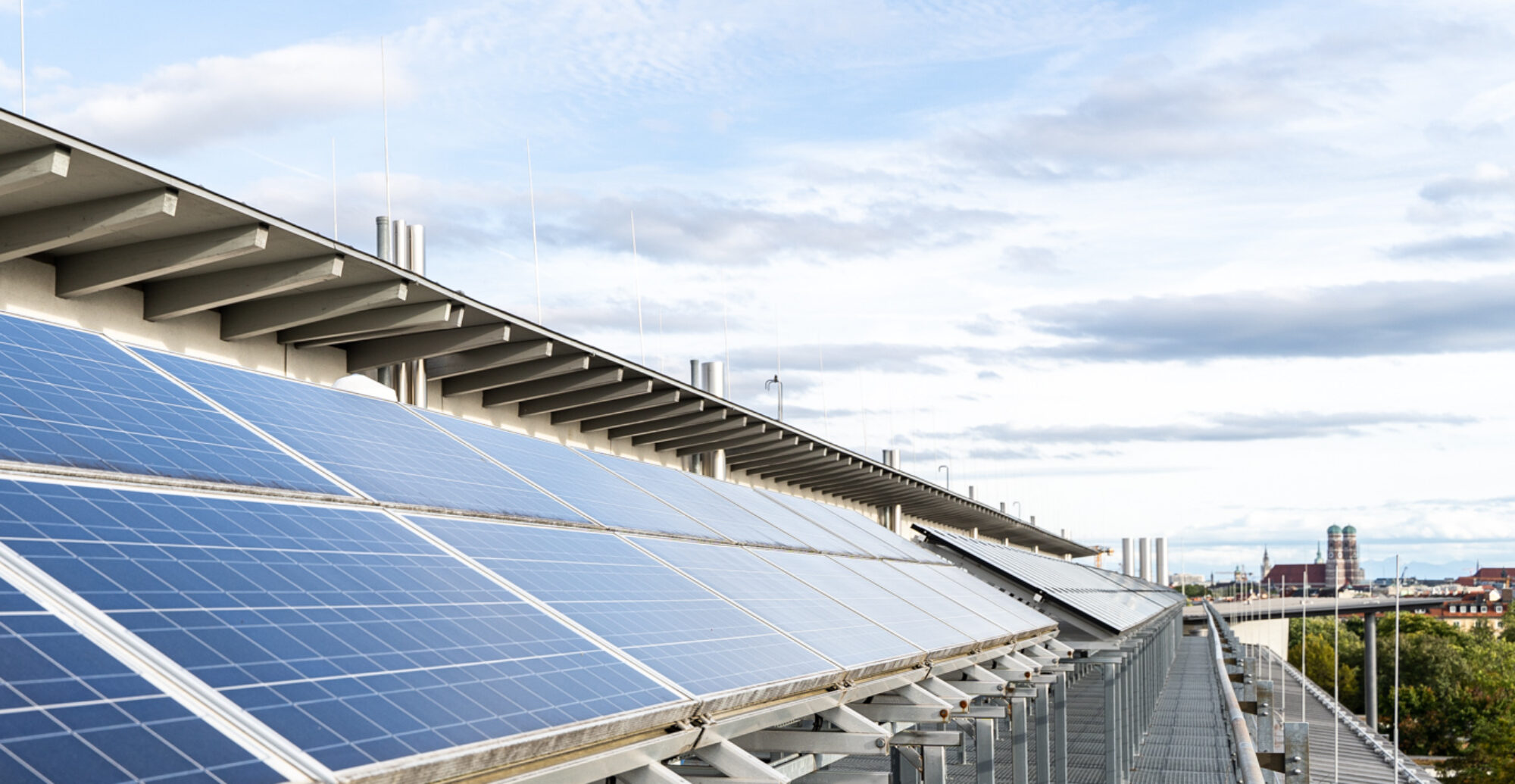
The project is conducted in collaboration with the „Institut für neue Energie-Systeme (InES; Prof. Wilfried Zörner), Technische Hochschule Ingolstadt (THI).
Problem statement: German energy transition process
Due to the increasing number of variable (non-deterministic) renewable energy sources (such as wind and solar energy), the installation of a holistic future energy system management in Germany is crucial. In particular, security and reliability of the electricity supply have to be evaluated. The energy supply has to be ensured by expanding the electricity grid, building energy storages and by controllable renewable energy systems. Considering the challenging conditions of the current and future power supply, flexibility is required. To obtain flexibility options in the power system, it is necessary to adapt the legal and political framework, design new market instruments and develop improved technical capabilities. Biogas power plants can be a key technology within the future renewable energy mix, since biogas can easily be stored and deterministically used (when needed). Hence biogas power plants are capable of producing electricity on demand. Additionally, these plants have a comparably high and easily accessible potential to serve as flexible electricity and heat sources – if biogas power plants are adapted in an appropriate way. The electricity production of present biogas plants takes place at a continuous stage. In some cases, biogas plants are already operating in a flexible manner by adapting the electricity production to the prices at the electricity exchange (EPEX) market and by implementing control systems to manage the gas storage. Still, there is a large range of improvements necessary to adapt the electricity production of those plants to the requirements of the future electricity system with different, quickly changing loads and non-deterministic renewable energy sources. Only then, biogas power plants can contribute and serve as flexible sources which are capable of producing electricity on demand and according to the requirements of the future energy system.
Project description: Development of a control system for flexible biogas plants with fast dynamic response
The main goals of this project are to adapt the present control systems of these biogas plants such that the requirements of the future power system are met. The objective is to develop a control system for flexible biogas power plants by simulating a biogas plant as integrated electricity source within a regional (distribution) electricity grid with several renewable energy producers. A biogas power plant consists of several components: a digester, a combined heat and power (CHP) unit and a biogas storage system. Analyzing each component, to improve the interaction of the whole system, is crucial to understand the system behavior and to obtain meaningful simulation results. Restrictions for an optimized operation of the biogas plant are set by the gas engine type of the CHP units and the heat supply for internal and external heat demand. In a first step, the biogas plant is simulated considering economic aspects to gain the maximal revenue for the biogas plant operator. After developing an intelligent control system for the biogas power plant, by considering economic aspects, the simulation model will be extended to the future needs of the consumers and energy producers by taking into account further components and aspects, such as the behavior of the power (distribution) grid and time-varying weather conditions influencing renewable electricity producers (with focus on photovoltaic (PV) systems in this project). A variety of approaches to optimize the operation modes of biogas plants either under heat delivery or electricity production will be evaluated. Therefore, the planned sub-goals of the project are:
- Development of an innovative and proactive control system for a flexible, grid-driven operation of a biogas power plant while maximizing the revenues for the biogas plant operator;
- Avoidance of overloading of lines and/or substations due to the non-deterministic infeed from PV plants via a flexible, grid-driven operation of the biogas plant
- Reduction of grid expansion costs and grid stress by considering the fluctuating electricity production from PV plants while producing electricity via biogas plants;
- Implementation of the proposed control system at a real system (Biogas power plant Zellerfeld in the south of Germany with 1,426 kWel and a neighboring PV plant with 5,000 kWp); and
- Validation of the capability of the proposed control system and the biogas power plant acting as a flexible electricity production and simultaneous heat delivery unit at any time.
The overall goal is to develop an intelligent control system which allows biogas power plants to provide system services to the electricity grid and balance out the energy production from variable non-deterministic renewable energy sources.

